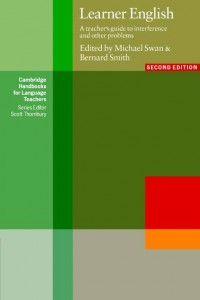Ask the Experts
This is a fabulous game which I picked up at a conference years ago, but rarely play as I always worried that it would only be good for higher-level learners. However, if you limit the questions, it could be a really useful game to play with younger learners and lower-level adults as well as it really enourages them to focus on sentence structure. Here’s how I set the game up with my B2.2 group the other day:
I gave each learner a piece of paper and asked them to write a topic on it – I said the topic could be very general or very specific. After collecting in the papers and shuffling them, I gave each person a topic and asked them to imagine one question they would ask if they met an expert in that topic.
Next, I explained how the activity works – we are the panel of experts and are going to answer these questions; however, each person can only say one word at a time. We did a quick concept-check with the question, “What’s your favourite colour?” to check they had understood how to play.
The first question was on the topic of films and we had to recommend a good soundtrack composer and the second one was about the dangers of mobile phones. It was a fun activity as we moved away from the original topic – on the subject of mobile phones we somehow ended up talking about people who cook chicken in microwaves with no protection. I admitted to the class that I wasn’t sure how the game is originally played – whether you just keep speaking until you get to the end of a logical sentence or if there is a time- or word-limit. Thinking about it now, it could be good to work in two teams and for the other team to judge the experts on the content of their answer; they could also transcribe the sentence to check it was grammatically sound as I error-corrected on-the-spot during our game.
